A class apart: a new show explores the radical approach of the Bechers and their students
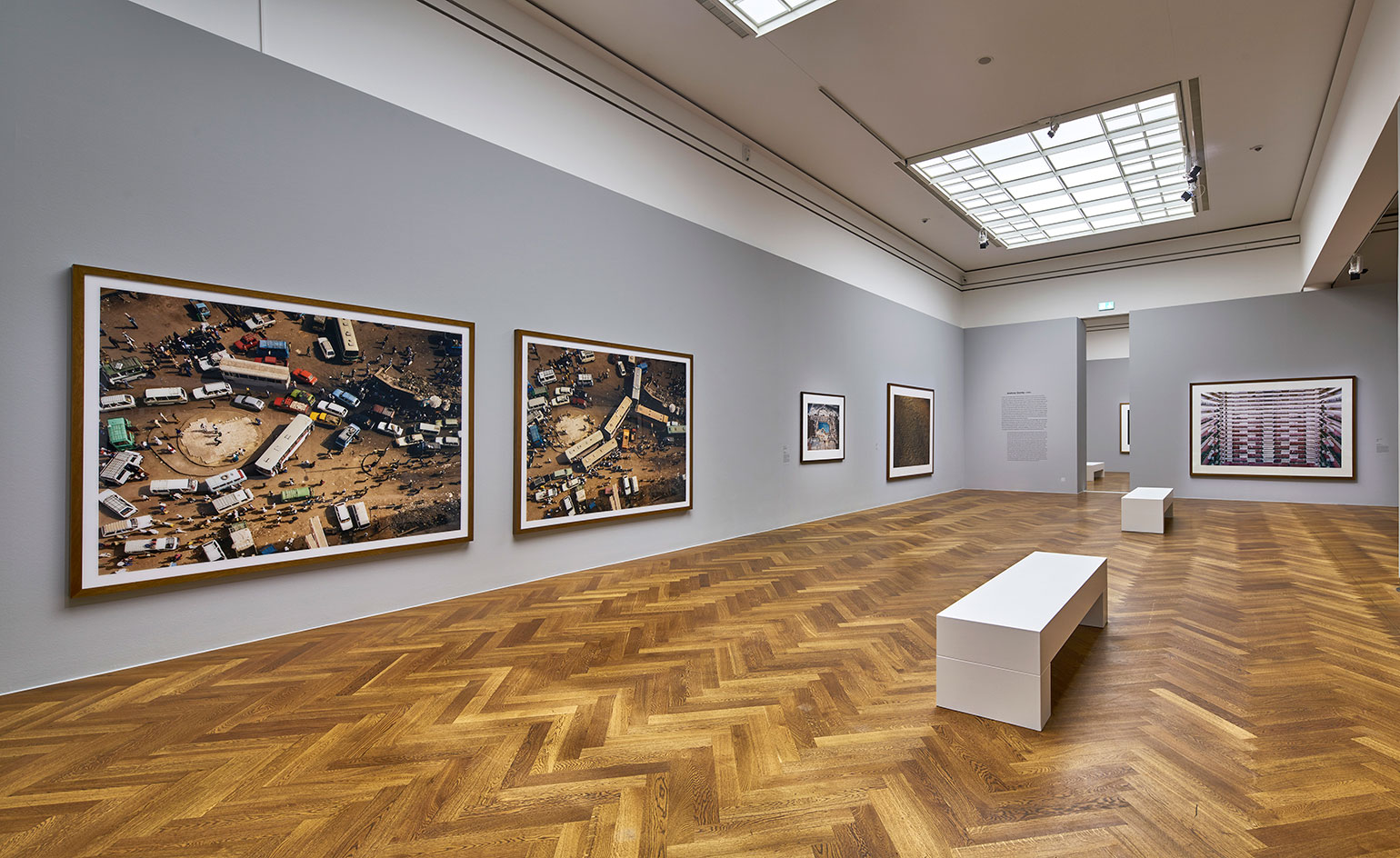
In 1959, photography was still struggling to be an art form. Bernd and Hilla Becher were a young couple living in Düsseldorf, making conceptual art together. Bernd had studied painting and typography, while Hilla had completed an apprenticeship as a photographer. They began to collaborate, systematically taking pictures on an 8 x 10 of things that most people would overlook in their city – gas tanks, coal bunkers, cooling towers, shot on overcast days, early in the morning — hardly glamorous subjects, at a time when the world was beginning to go pop.
Though the couple’s conceptual art photography was having an impact across Europe, when Bernd began teaching photography at the Kunstakademie Düsseldorf in 1976 their legacy would begin to have a life far beyond their own work. It would become one of the most significant and influential movements in art photography’s 180-year history by completely overturning the function, aesthetic, and position of photography as an artistic medium.
Some of the most esteemed German artists of the 20th century were taught by the Bechers — including Andreas Gursky, Thomas Ruff and Thomas Struth — and as the Städel Museum seeks to show in a new survey of works by the professors and nine of the alumni of the Becher class, there are others who are ripe for revisiting.
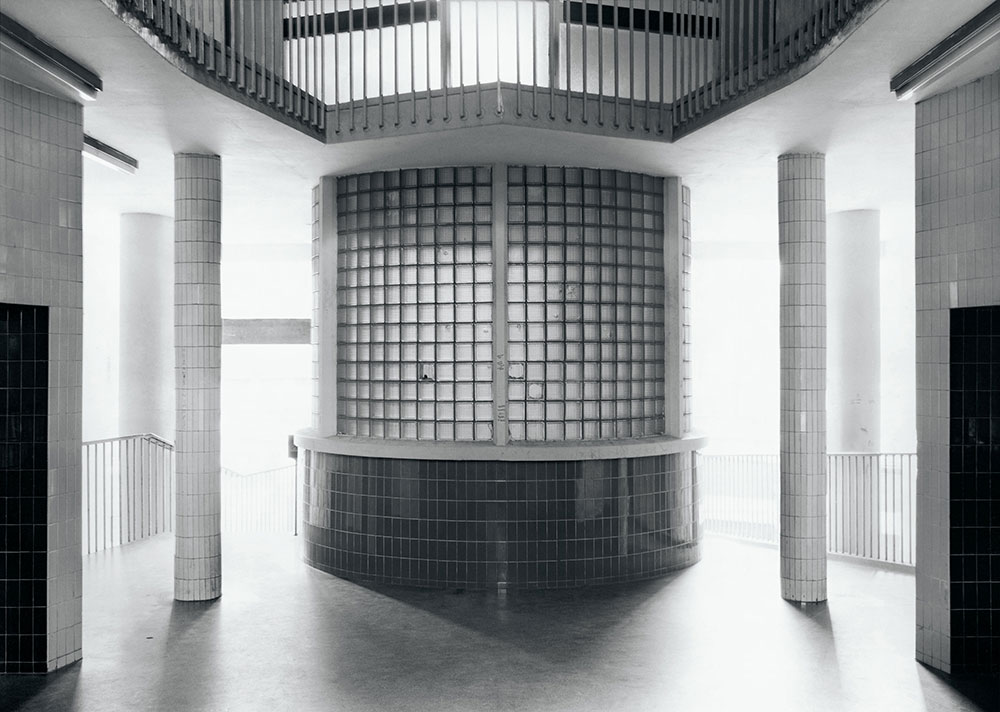
‘Moedling House’, 1982–1984. © The artist
In more than 200 works, the exhibition reveals – in the same city it all began – the converging interests of the Bechers and their students, and their radical approach in their era: the Bechers in the 1960s and 70s, their students in the 80s and 90s. The group can roughly be recognised by a shared interest in an objective style, and by subjects shaped by their surroundings, the architecture and objects of industrial West Germany. Both Tata Ronkholz and Volker Döhne, for example, follow their teacher’s lead, turning their lens on the local landmarks and industry, shooting it in typologies that closely resemble the Bechers’ motifs.
Other artists, such as Thomas Ruff, also clearly inspired by the Bechers’ method of shooting in series, complicates the idea of documentary photography as presumed truth, an idea that resonates even more with photographers today. Axel Hütte too, elevates the camera to present more than simply surfaces: his explorations of architecture prod at concealed social interactions, while consciously referencing landscape painting of the past, blurring the lines between the two – something Gursky is equally renowned for – pushing photography into new terrain until today.
With moments that are painterly, minimalist, prosaic and poetic, this exhibition captures more than the vision of a generation of artists – it’s the moment photography became art.
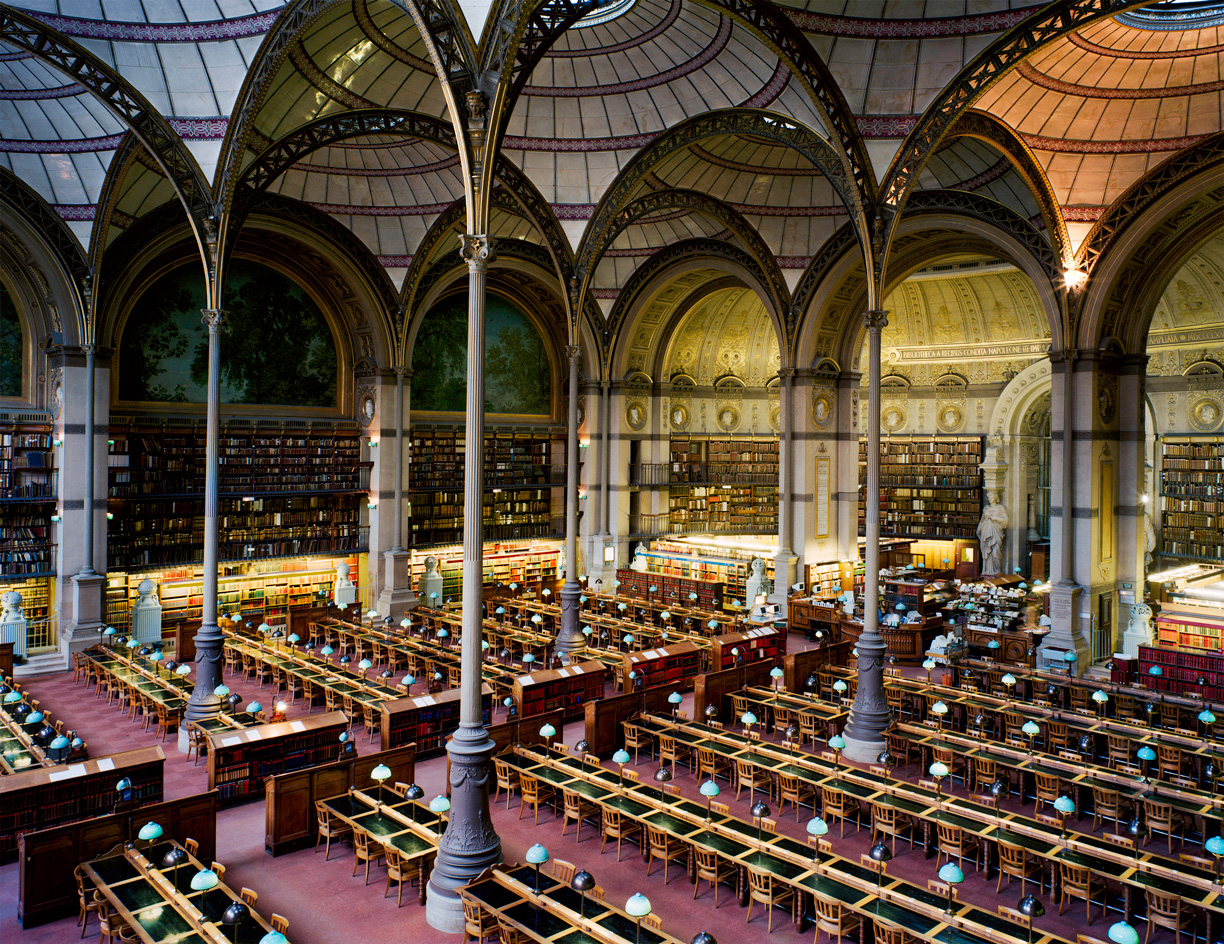
Bibliothèque Nationale de France Paris XIII, by Candida Höfer, 1998.
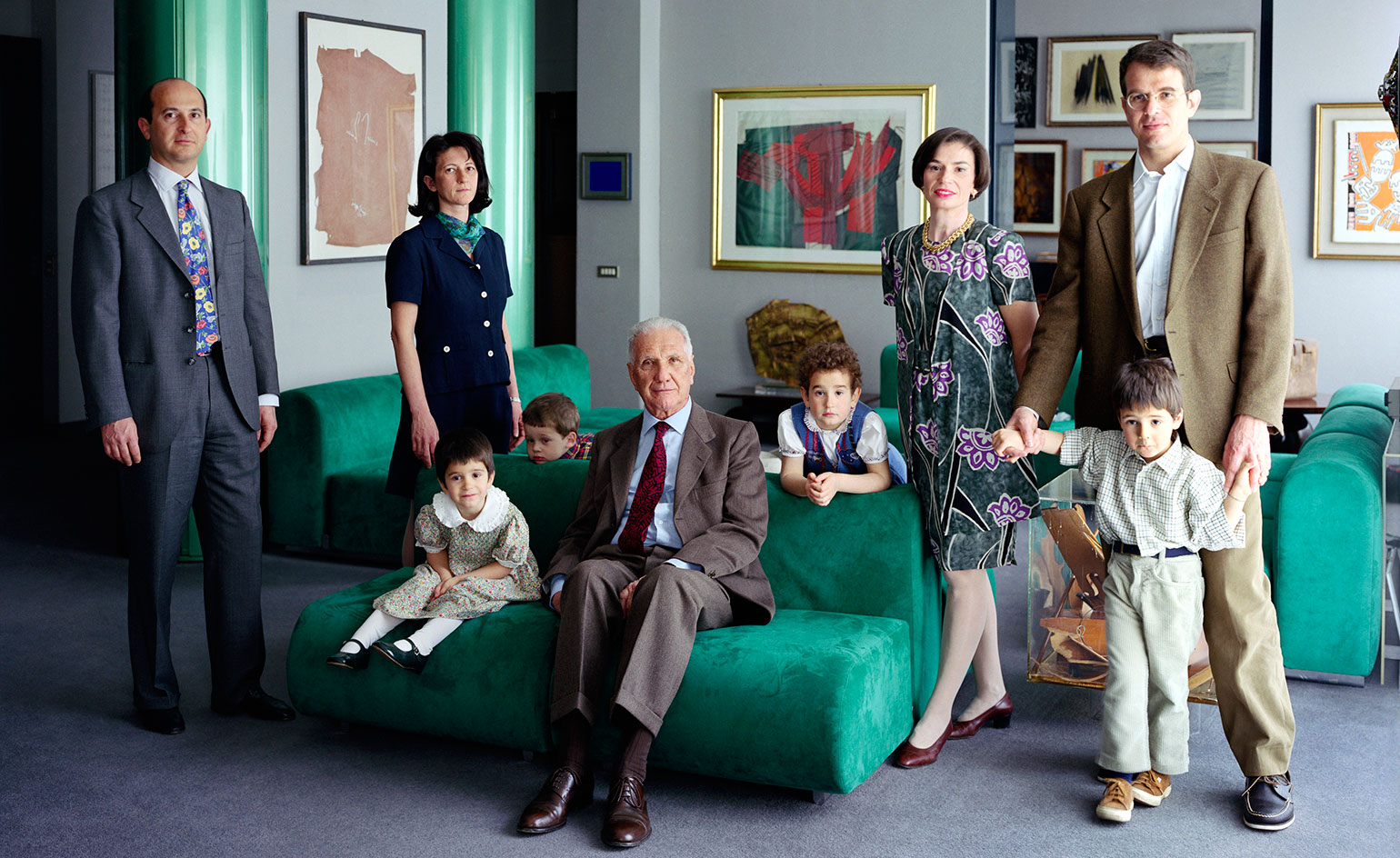
The Consolandi Family, Mailand, 1996.
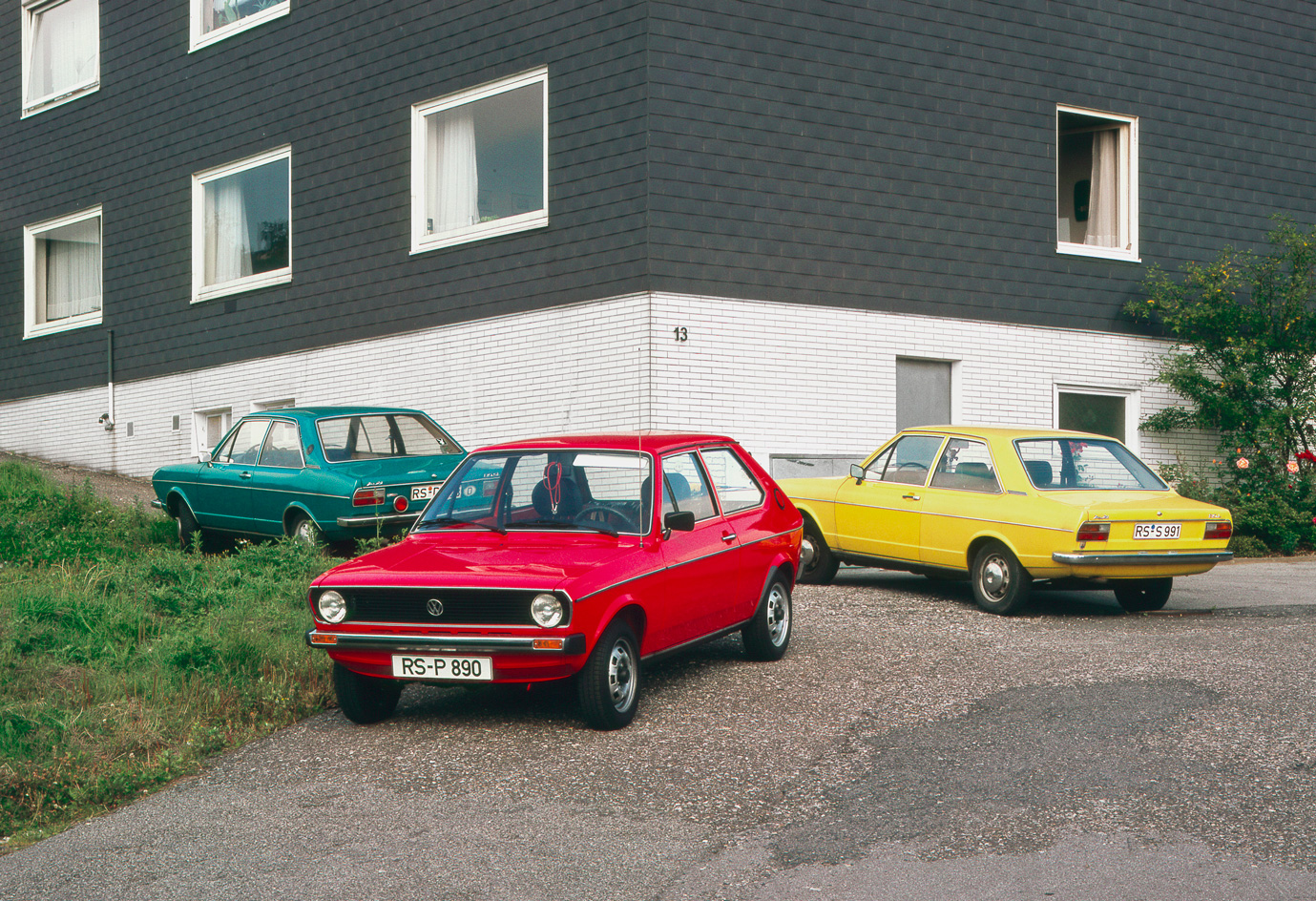
Untitled (Colourful), by Volker Döhne, 1979.
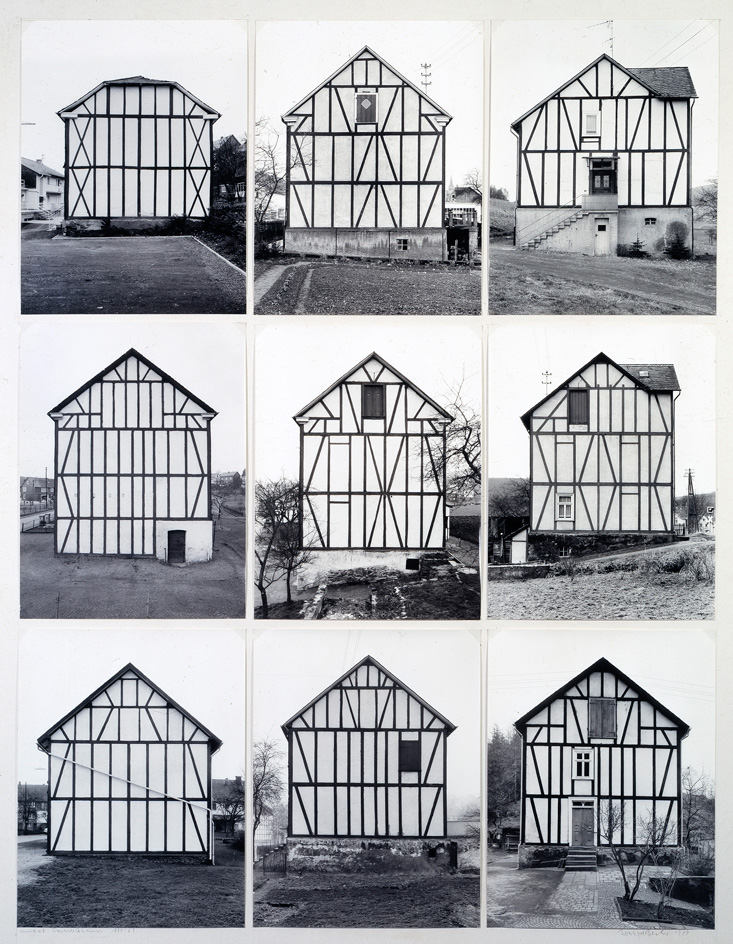
Half-Timber Houses, by Bernd and Hilla Becher, 1959-61 / 1974.
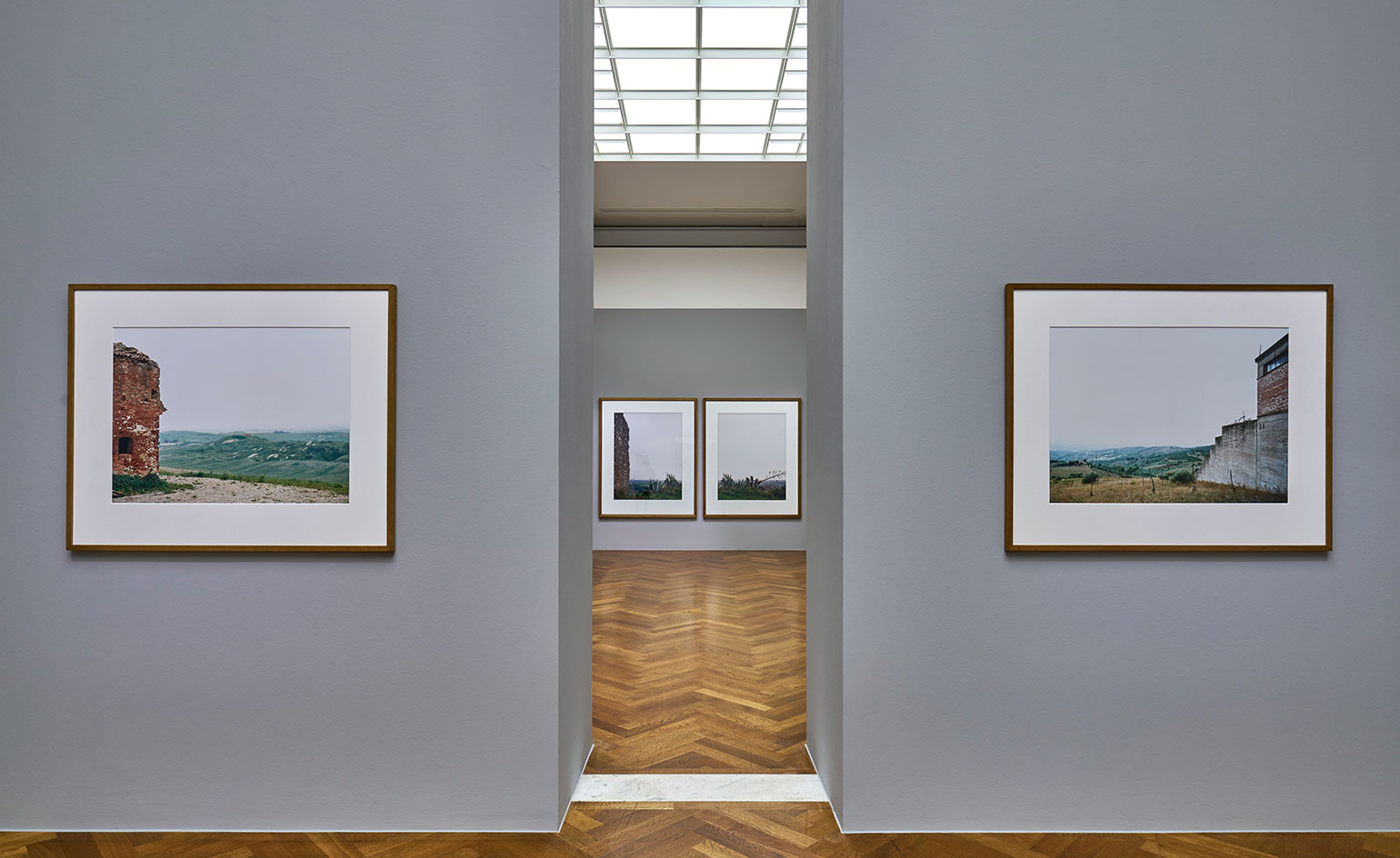
Installation view of 'Photographs Become Pictures. The Becher Class'.
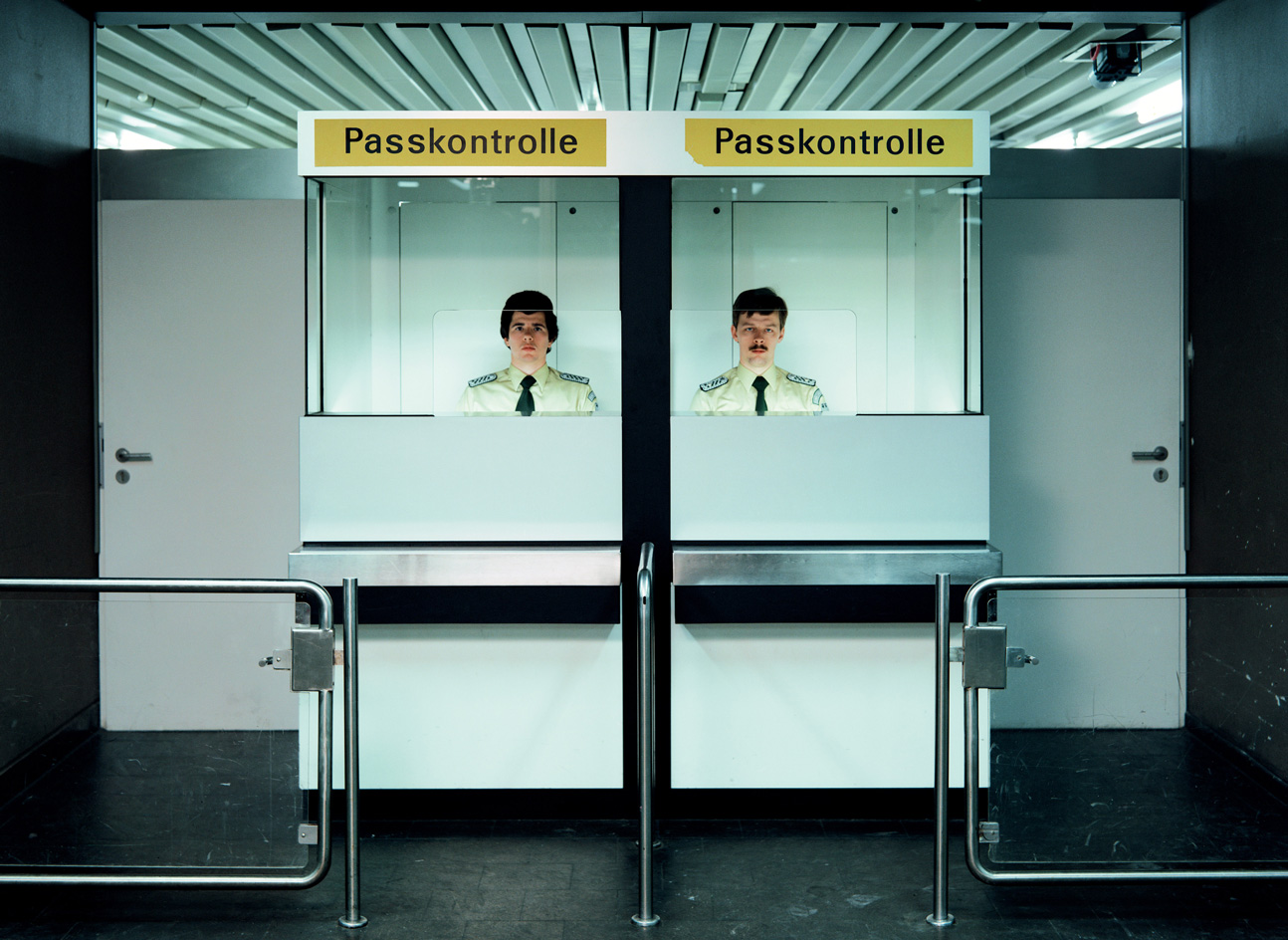
Doorman, Passport Control, by Andreas Gursky, 1982.
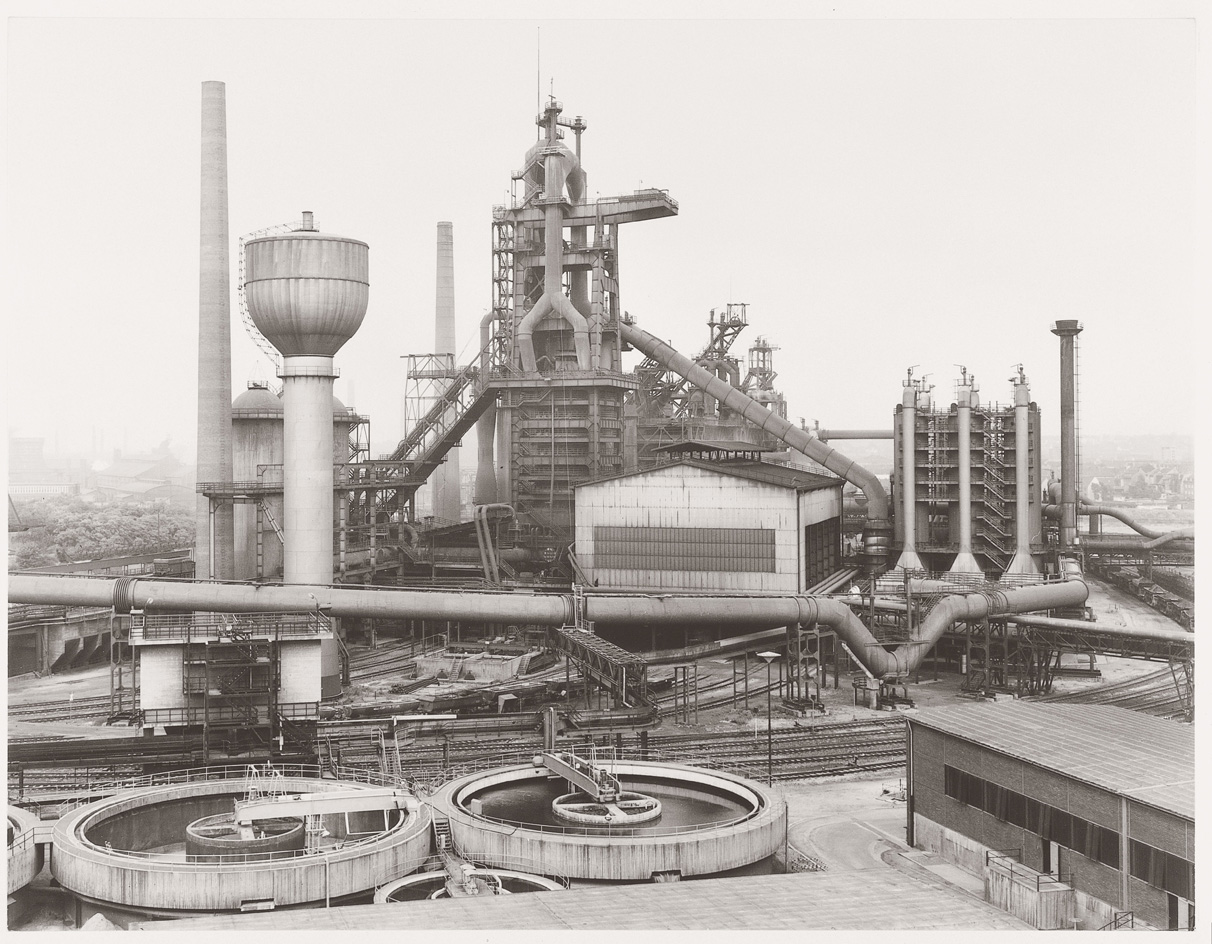
Gutehoffnungshütte, Oberhausen, Ruhrgebiet, by Bernd and Hilla Becher, 1963.
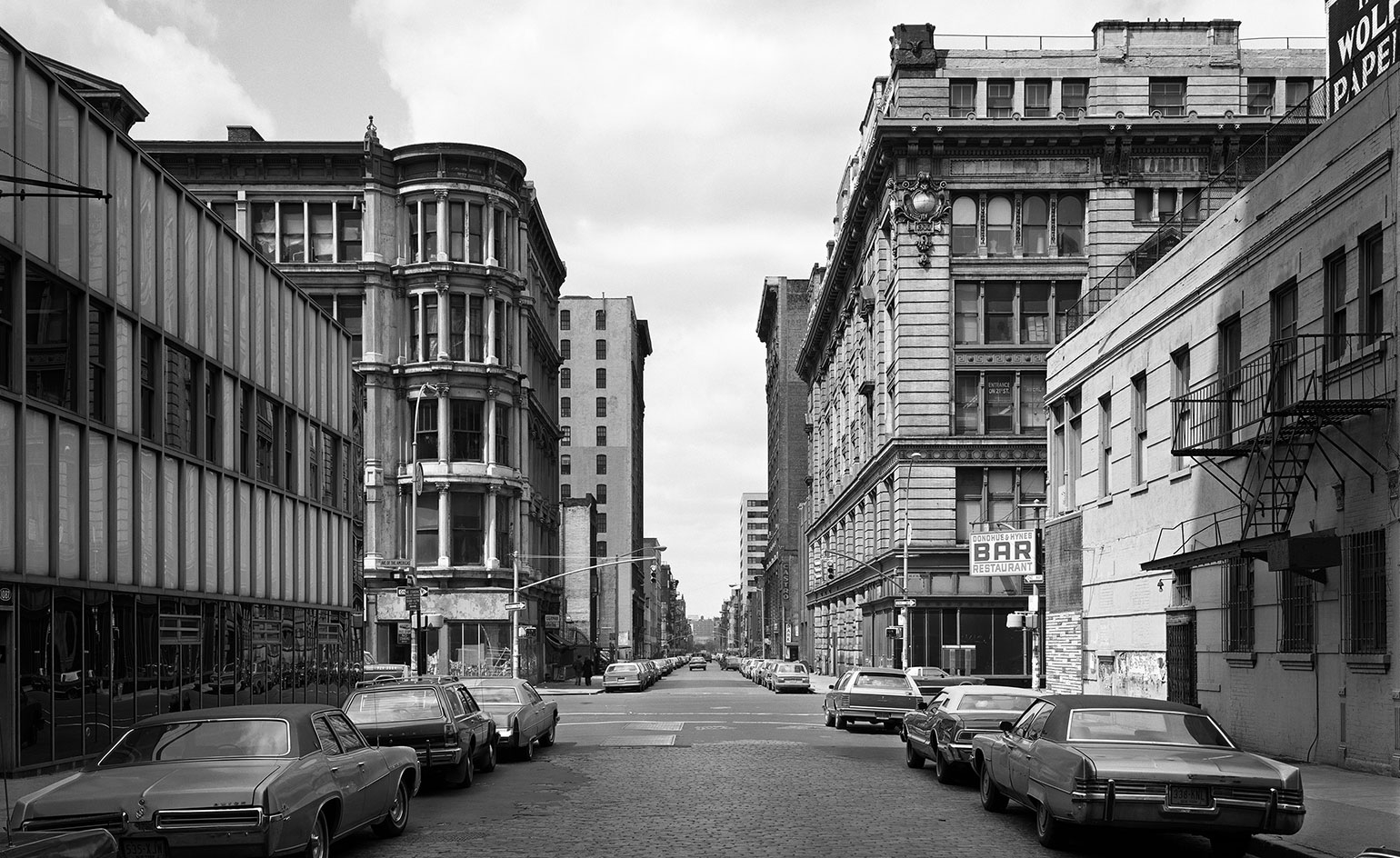
West 21st Street, Chelsea, New York, by Thomas Struth, 1978.
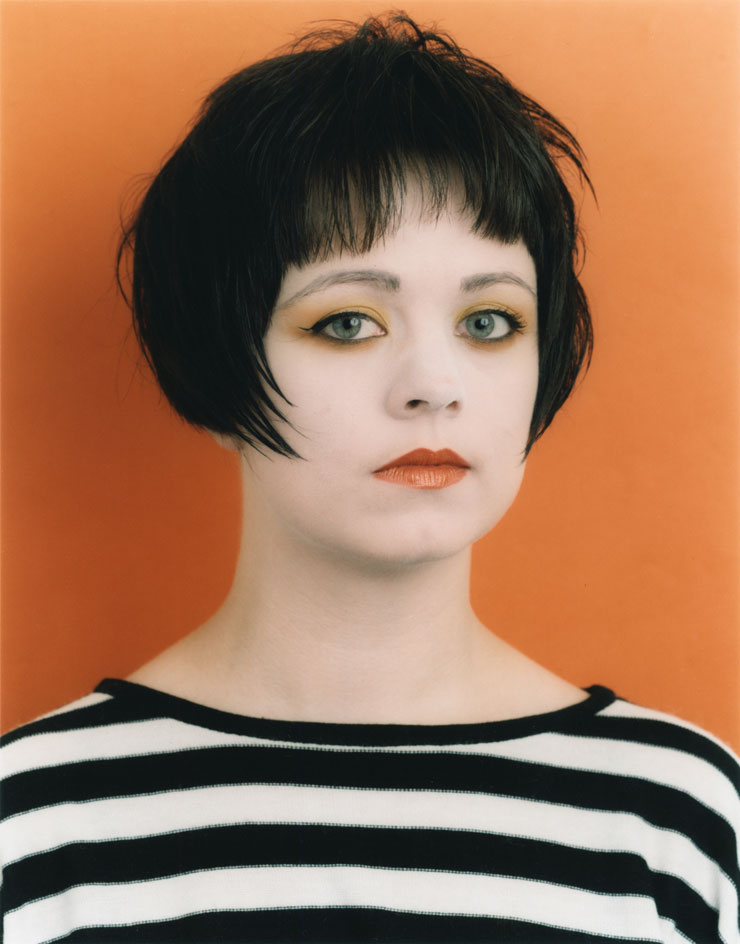
Portrait (G. Benzenberg), by Thomas Ruff, 1985.
INFORMATION
‘Photographs Become Pictures. The Becher Class’ is on view from 27 April – 13 August. For more information, visit the Städel Museum website
ADDRESS
Städel Museum,
Schaumainkai 63,
60596 Frankfurt am Main,
Germany
Receive our daily digest of inspiration, escapism and design stories from around the world direct to your inbox.
Charlotte Jansen is a journalist and the author of two books on photography, Girl on Girl (2017) and Photography Now (2021). She is commissioning editor at Elephant magazine and has written on contemporary art and culture for The Guardian, the Financial Times, ELLE, the British Journal of Photography, Frieze and Artsy. Jansen is also presenter of Dior Talks podcast series, The Female Gaze.